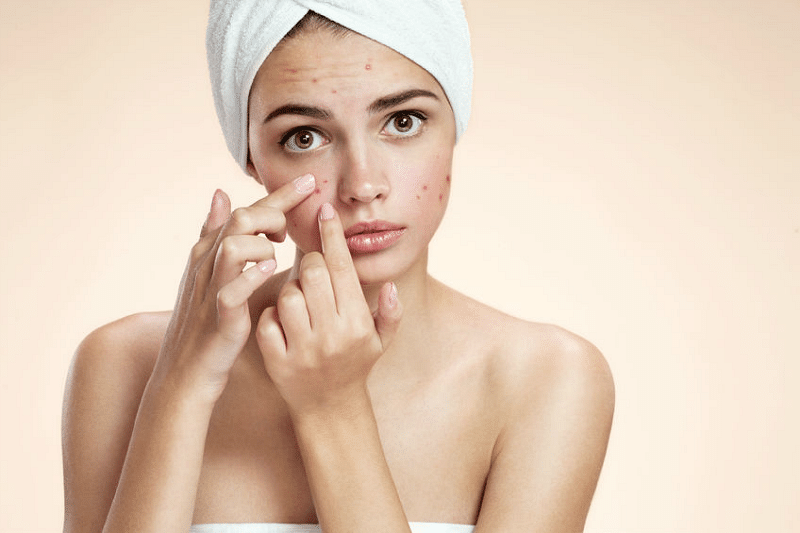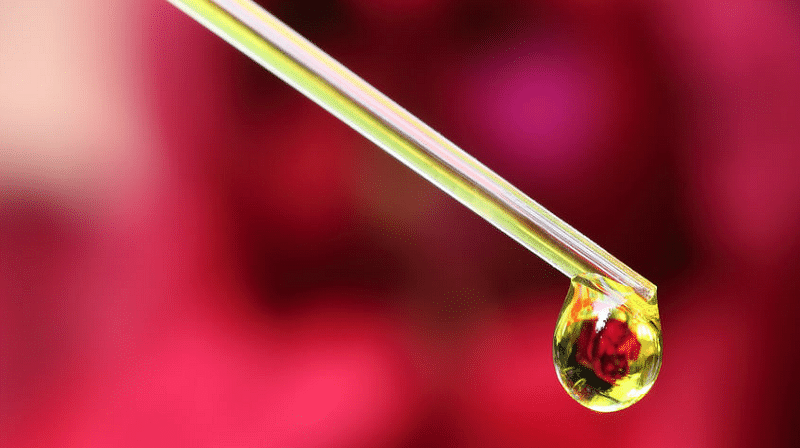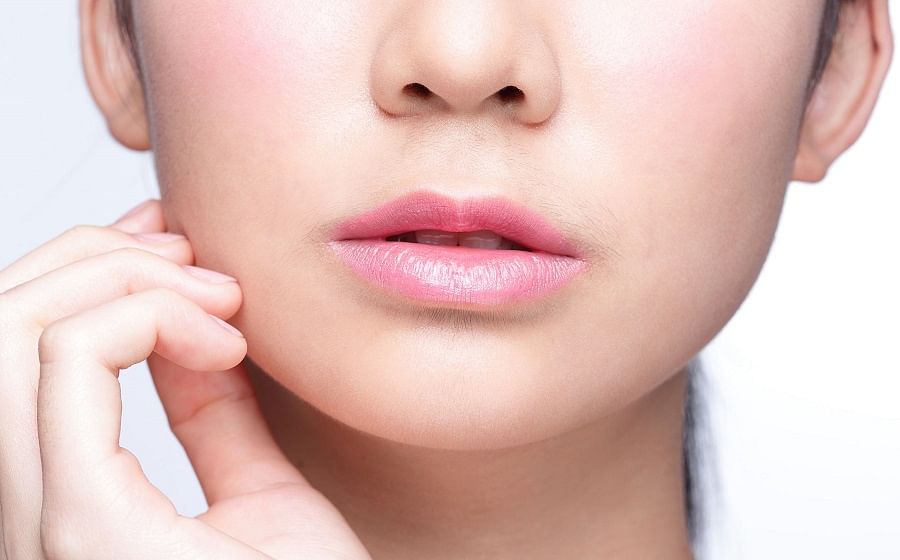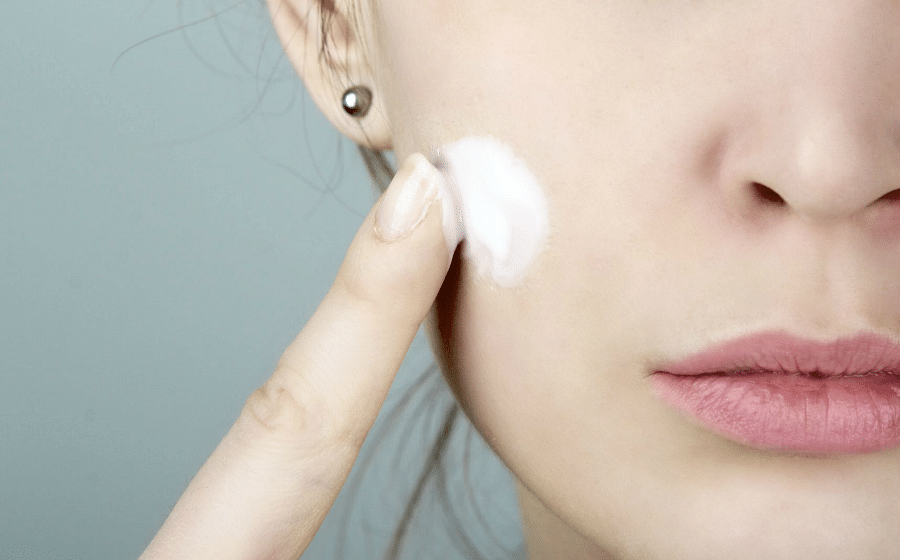
Photos: 123rf.com
You stay away from facial oils because you have oily skin. You skip the moisturiser step because you think your skin will get breakouts if you over-hydrate it. Are these preconceived notions you have about moisturisers truths or merely myths? We talk to two dermatologists to find out the six essential facts you need to know about moisturisers.
1. Overusing moisturisers won’t cause your skin to break out.

What does is using the wrong moisturiser type. Avoid occlusive moisturisers – these are the ones that are too oily or greasy for your skin type, and can cause hair follicles to clog up, says Dr Tay Liang Kiat, consultant dermatologist and dermatologic surgeon at Dermatology and Surgery Clinic. Dehydrated skin results in increased sebum production, which can also lead to acne outbreaks, adds Dr Lynette Low, consultant and specialist in dermatology at Raffles Skin & Aesthetics Centre.
2. You can use a cream moisturiser even if you have oily skin.
You can have dehydrated and oily skin, so it’s important to moisturise. But although it is generally recommended for people with oily skin to use a lightweight gel or lotion to replenish hydration without adding sheen to skin, Dr Low says you can try using a cream with exfoliating Vitamin A or Alpha-hydroxy acids at night, since water loss tends to be greater when you are asleep.
ALSO READ: 10 SUPER HYDRATING FACE MASKS TO PLUMP UP YOUR SKIN
3. Serums may not be sufficient to hydrate your skin.

Serums are formulated with lighter oils and smaller molecular weight ingredients and may not be able to achieve an appropriate level of skin hydration, as compared with traditional moisturisers. What you can do: add a layer of non-comedogenic moisturiser on top of the serum to lock in the moisture, suggest both Dr Tay and Dr Low.
4. “Oil-free” is not the only label you should look out for.

Dr Tay says that the formula should also include moisturising ingredients such as glycerin, paraffin and ceramides. The ideal moisturiser (here are five for sensitive skin) should also be at a skin-matching pH of about 5 to 5.5, be absorbed easily, help restore skin lipid barrier, reduce skin water loss, hypoallergenic, non-sensitising, fragrance-free and non-comedogenic.
ALSO READ: 11 FACIAL OILS TO CALM AND MOISTURISE SENSITIVE SKIN
5. You don’t have to change your moisturisers according to the weather.
Singapore’s hot and humid weather is year-round (try these products for a shine-free complexion), so there’s no need to regularly change moisturisers to suit different periods here, as long as it’s working well and suitable for you, says Dr Tay. Dr Low adds that diet and age also factor in dehydration of skin so you may need to change your moisturiser when you enter different stages in life.
6. Dehydrated skin is not only caused by bad skincare habits.

Skin dehydration is a result of a combination of factors: genetics (eczema-prone skin, skin barrier dysfunction), habits (excessive and frequent washing that depletes the skin lipid layer), environmental (dry weather, air-conditioned spaces), says Dr Tay. Ageing also lowers the production of sebum, lipids and hyaluronic acid. Even eating a fat-free diet and increased alcohol intake can contribute to dehydrated skin, adds Dr Low.


